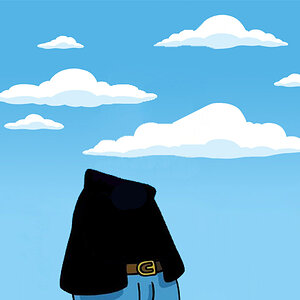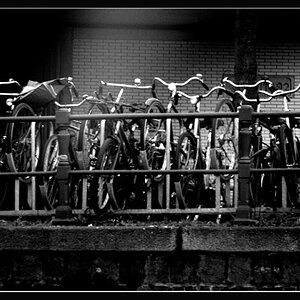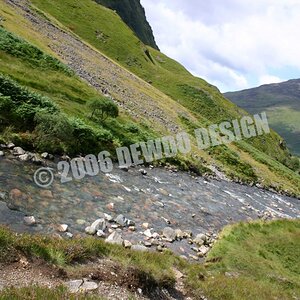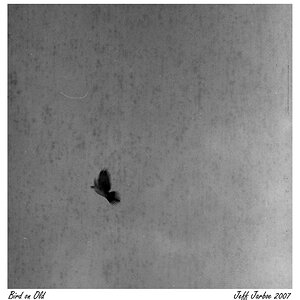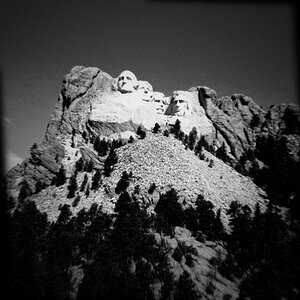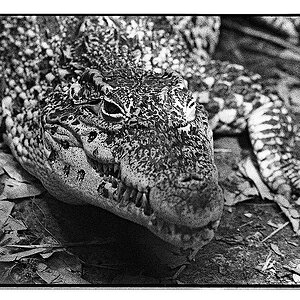- Joined
- Dec 11, 2006
- Messages
- 18,743
- Reaction score
- 8,047
- Location
- Mid-Atlantic US
- Website
- www.lewlortonphoto.com
- Can others edit my Photos
- Photos NOT OK to edit
Runnah and Rexbobcat,
I apologize, I was wrong to take offense.
I think that successful street photography is so hard and failure is so almost certain that it distorts the judgement of the photographer. He/she really wants so much that the photograph to be meaningful, to express what he sees that there is sometimes a lack of a really critical eye, a failure of judgement. So where the slightest nuance reminds him/her of some deeply felt idea, that same little hint is completely unseen by most eyes.
We see that here in pictures of a photographer's spouse or children; the photographer sees them as the most beautiful faces in the world and, for the most part, we indulge them in their delusion because each of us understands what causes that lack of ability to be objective.
So, when you see street photography that is a miss or goes flat or seems pretentious, give the maker a break. He/she may not be purposefully pretentious or pompous but may be really unable to see that, what to him/her is an important message, is to everyone else only an arrangement of tones in a frame.
Speaking as someone who fails to get a good shot 999 times out of a 1000, I know exactly how that desire to say something feels, and how painful it is either to fail in the execution or the critical judgement of my own shots.
So, again, I apologize.
I apologize, I was wrong to take offense.
I think that successful street photography is so hard and failure is so almost certain that it distorts the judgement of the photographer. He/she really wants so much that the photograph to be meaningful, to express what he sees that there is sometimes a lack of a really critical eye, a failure of judgement. So where the slightest nuance reminds him/her of some deeply felt idea, that same little hint is completely unseen by most eyes.
We see that here in pictures of a photographer's spouse or children; the photographer sees them as the most beautiful faces in the world and, for the most part, we indulge them in their delusion because each of us understands what causes that lack of ability to be objective.
So, when you see street photography that is a miss or goes flat or seems pretentious, give the maker a break. He/she may not be purposefully pretentious or pompous but may be really unable to see that, what to him/her is an important message, is to everyone else only an arrangement of tones in a frame.
Speaking as someone who fails to get a good shot 999 times out of a 1000, I know exactly how that desire to say something feels, and how painful it is either to fail in the execution or the critical judgement of my own shots.
So, again, I apologize.
Last edited:









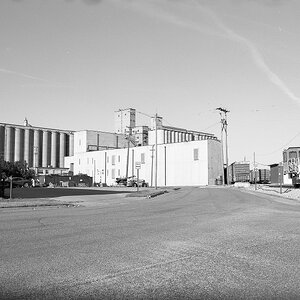
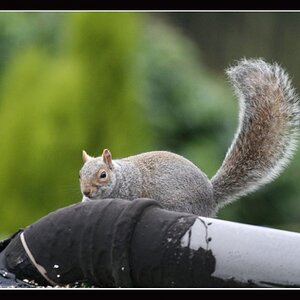
![[No title]](/data/xfmg/thumbnail/37/37606-3c9ffb5906173fa2aa489341967e1468.jpg?1619738148)
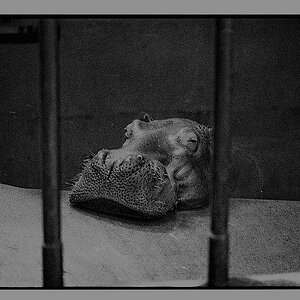
![[No title]](/data/xfmg/thumbnail/32/32696-92b490fbf42036986e97d5e60ff2b35e.jpg?1619735599)
![[No title]](/data/xfmg/thumbnail/38/38293-15e3a85f038b239e3c60bf9f38f5d56c.jpg?1619738563)
